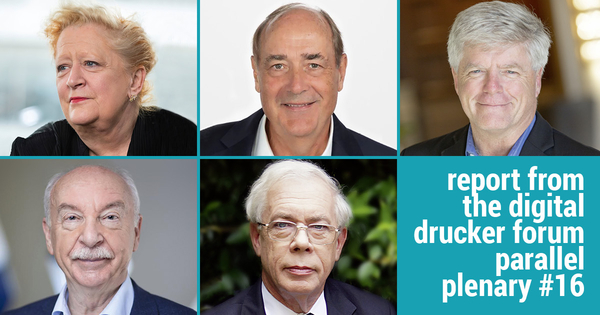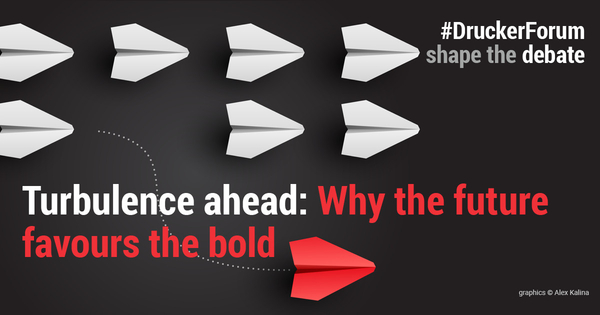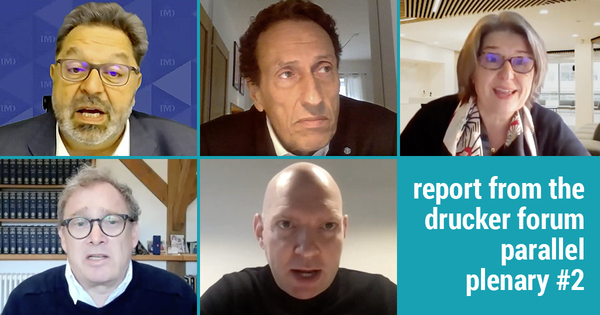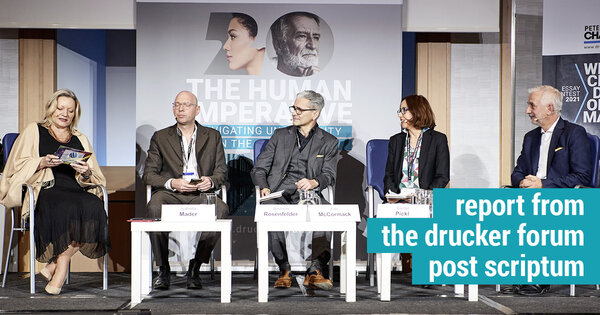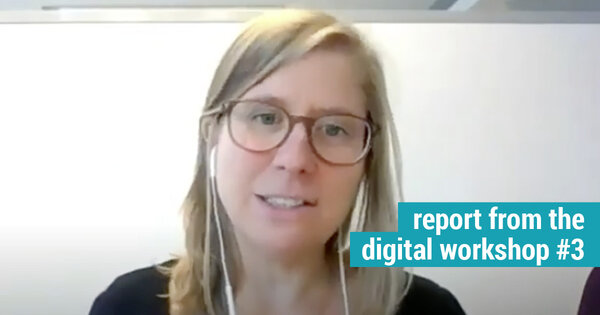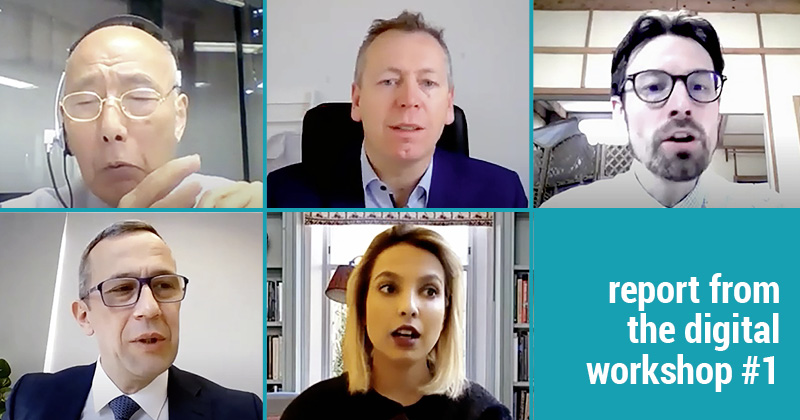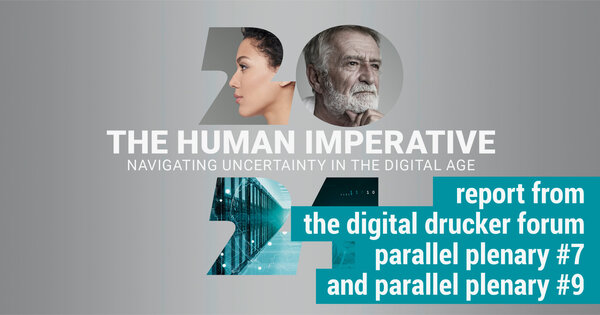In intensely competitive markets, many decision processes are being sped up or handed over to number-crunching machines. Where should we still be deeply deliberative? Four excellent panellists ably moderated by Margaret Heffernan were invited to discuss this very relevant topic.[…]
Continue reading